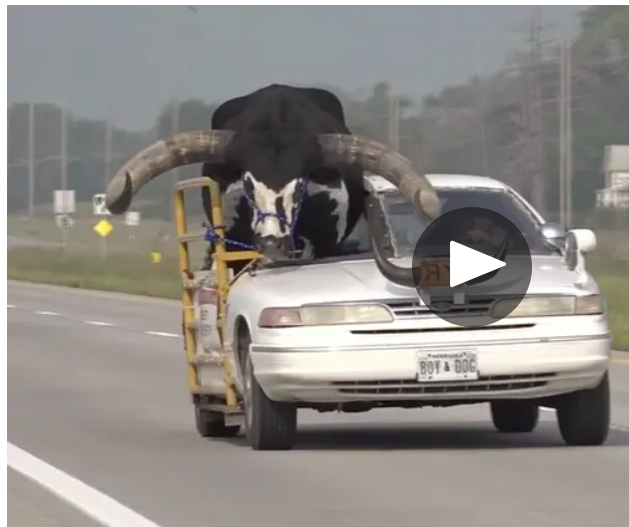It should come as no surprise that it's not only social sciences that can be roiled by accusations of research misconduct.
Here's a story in Nature about a scientist who had a paper retracted from Nature, and then had another accepted, and then also retracted, both about room temperature superconductors. It's a long, detailed story, but it says something about both science and about peer review.
Superconductivity scandal: the inside story of deception in a rising star’s physics lab. Ranga Dias claimed to have discovered the first room-temperature superconductors, but the work was later retracted. An investigation by Nature’s news team reveals new details about what happened — and how institutions missed red flags. By Dan Garisto
"A researcher at the University of Rochester in New York, Dias achieved widespread recognition for his claim to have discovered the first room-temperature superconductor, a material that conducts electricity without resistance at ambient temperatures. Dias published that finding in a landmark Nature paper1.
"Nearly two years later, that paper was retracted. But not long after, Dias announced an even bigger result, also published in Nature: another room-temperature superconductor2.
...
" Nature has since retracted his second paper2 and many other research groups have tried and failed to replicate Dias’s superconductivity results. ...The scandal “has damaged careers of young scientists...
...
"Three previous investigations ... by the University of Rochester did not find evidence of misconduct. But last summer, the university launched a fourth investigation,... That fourth investigation is now complete and, according to a university spokesperson, the external experts confirmed that there were “data reliability concerns”
...
"Nature retracted the CSH paper on 26 September 2022, with a notice that states “issues undermine confidence in the published magnetic susceptibility data as a whole, and we are accordingly retracting the paper”.
...
"Felicitas Heβelmann, a specialist in retractions at the Humboldt University of Berlin, says misconduct is difficult to prove, so journals often avoid laying blame on authors in retractions. “A lot of retractions use very vague language,” she says.
...
"The lack of industry-wide standards for investigating misconduct leaves it unclear whether the responsibility to investigate lands more on journals or on institutions.
...
"After Nature published the LuH paper in March 2023, many scientists were critical of the journal’s decision, given the rumours of misconduct surrounding the retracted CSH paper.
...
"All four referees agreed that the findings, if true, were highly significant. But they emphasized caution in accepting the manuscript, because of the extraordinary nature of the claims. Referee 4 wrote that the journal should be careful with such extraordinary claims to avoid another “Schön affair”, referring to the extensive data fabrication by German physicist Jan Hendrik Schön, which has become a cautionary tale in physics and led to dozens of papers being retracted, seven of them in Nature. Referees 2 and 3 also expressed concern about the results because of the CSH paper, which at the time bore an editor’s note of concern but had not yet been retracted.
...
"When asked why Nature considered Dias’s LuH paper after being warned of potential misconduct on the previous paper, Magdalena Skipper, Nature’s editor-in-chief, said: “Our editorial policy considers every submission in its own right.” The rationale, Skipper explains, is that decisions should be made on the basis of the scientific quality, not who the authors are."














